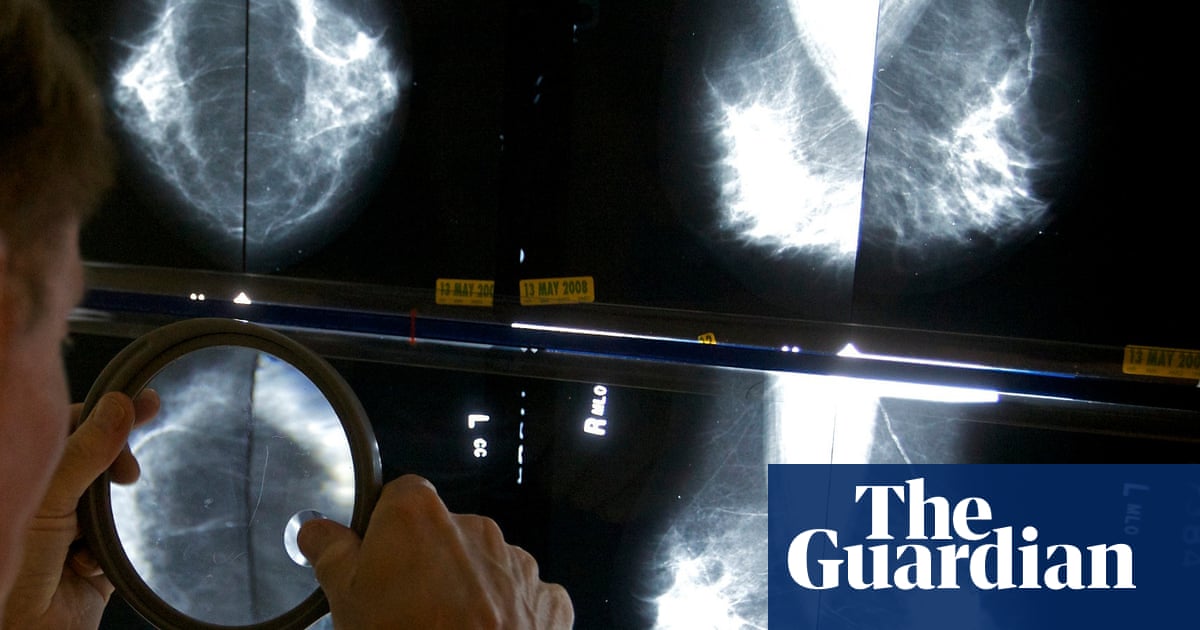
Doctors and public health experts have cautioned that major companies are taking over the global effort to raise awareness about women’s health, but are promoting inadequate or ineffective exams, treatments, and technology.
Promoting awareness of medical conditions specific to women is considered a crucial step in addressing decades of gender disparities in healthcare on a global scale.
According to researchers in the BMJ, feminist health stories are now being taken over by commercial agendas for the purpose of promoting products or treatments that have no scientific support.
A specific instance mentioned is a hormone examination targeted towards women with slogans like “knowledge is power and empowers you to control your fertility” – despite notable proof that the examination cannot accurately forecast a woman’s likelihood of becoming pregnant.
According to Dr Tessa Copp, a public health researcher at the University of Sydney, along with Dr Minna Johansson, a GP in Gothenburg, there is a concern that excessive marketing may have negative impacts on women’s health by leading to unnecessary medicalization, overdiagnosis, and overtreatment.
They expressed concerns about oversimplified health messages that promote the idea that knowledge is all-powerful. They urged health professionals and governments to make sure that readily comprehensible, unbiased information, backed by sound scientific evidence, is accessible.
A group of researchers, GPs, and advocates for women’s health expressed the importance of prioritizing women’s health and not letting it be controlled by outside influences.
“We must caution health consumers and clinicians against embracing the oversimplified idea that all information and knowledge equate to power. It is important to safeguard the principles of feminist advocacy from being weakened by the commercialization of feminist language promoting non-evidence-based care.”
According to the authors, corporations have often taken advantage of health campaigns by using the idea of women’s independence to promote the consumption of harmful products such as tobacco and alcohol. This trend has now extended to encompass various aspects of women’s health.
They emphasized that the issue does not lie in the utilization of health technologies, tests, and treatments themselves. In fact, these advancements have greatly benefited numerous women and improved their overall quality of life.
“The issue stems from the manner in which commercial marketing and advocacy campaigns promote these interventions to a larger demographic of women, without clearly stating their potential limitations.”
They provided two instances of feminist discussions being misused to promote healthcare that lacks supporting evidence for women who are already in good health.
The initial test conducted was the AMH (anti-müllerian hormone) test, which assesses the amount of AMH present in the blood and is correlated with the quantity of eggs in a woman’s ovaries.
According to experts, the test is not a reliable indicator of the likelihood of getting pregnant. However, fertility clinics and online companies are promoting it to the public, giving the impression that it is accurate.
The researchers cited instances of feminist language advocating for the AMH test on the internet. One website stated, “You’re not being overly dramatic. Educate yourself about your hormones and fertility, take control of your symptoms, and receive top-notch medical treatment every step of the way.”
Ignore the advertisement for the newsletter.
after newsletter promotion
The researchers stated that false advertising targeting women without signs or symptoms of infertility to undergo AMH testing in order to assess their fertility or plan for their family is ultimately detrimental to their empowerment and informed decision-making. This is because current evidence shows that the test is not reliable for these purposes.
The second cited instance was the belief that all women who undergo screening should be informed about their breast density, which is one of many individual risk factors for breast cancer.
The discussion centers on women’s entitlement to information, but the authors cautioned that informing them of breast density may lead to unnecessary screening without solid proof that it reduces breast cancer mortality. This failure to mention the lack of evidence is concerning.
The notification of breast density can cause women to feel more anxious, uncertain, and motivated to undergo further screening. The lack of reliability in measuring breast density is also a worrisome issue, according to the experts.
There is a debate over the potential of technology, access to information, and personalized healthcare to improve women’s understanding and well-being, even without concrete proof that the advantages outweigh any potential drawbacks.
However, the researchers expressed their full support for greater patient autonomy. They also cautioned against promoting interventions without acknowledging their limitations or unclear evidence of benefits, as this could potentially do more harm than good and contradict the goal of empowerment.
To sum up, the statement suggests that it is important to safeguard the objectives of promoting feminist health by avoiding the commercialization of feminist language in promoting care that lacks evidence.
According to Sarah Hawkes, a global health professor at University College London, there has been a shift in the way women’s health is viewed in the medical field. Instead of prioritizing their well-being, it has become a means for profit. Hawkes believes that women should unite and demand accountability from large corporations that promote medical tests and treatments without sufficient evidence.
Source: theguardian.com


















